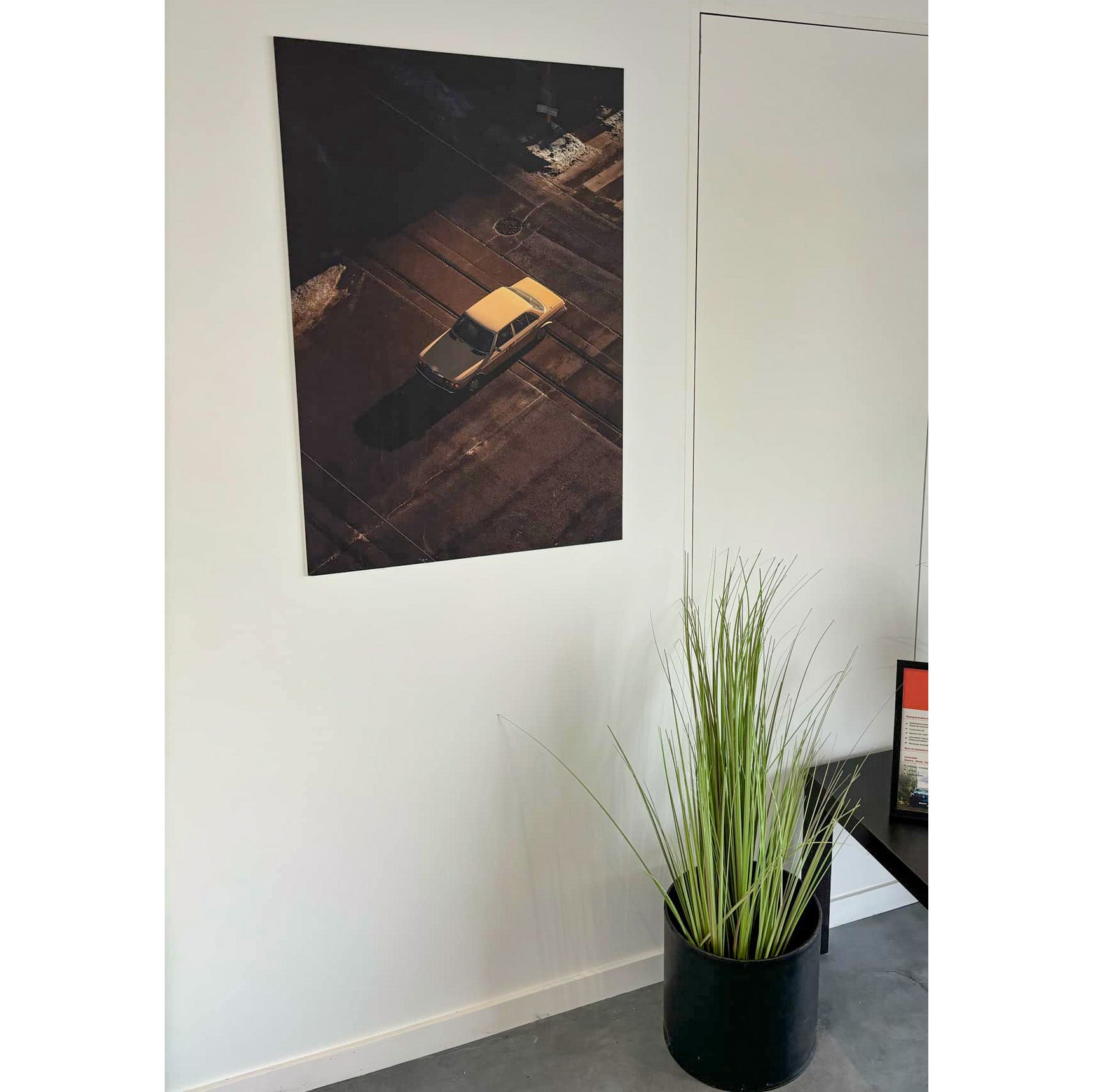Art print | Charles Apthorp - Robert Feke


View from behind

Frame (optional)
In the fascinating world of American colonial art, the art print "Charles Apthorp - Robert Feke" stands out for its elegance and refinement. This portrait, which captures the essence of a period marked by the emergence of an American identity, transports us to the heart of the 18th century. The depiction of Apthorp, an influential Boston businessman, is much more than a simple image: it reflects a society in full transformation, where commerce and culture intertwine to give birth to a new world. Through this work, Robert Feke, a talented portrait artist, invites us to explore the subtleties of identity and social status at a time when England and its colonies were beginning to define themselves.
Style and uniqueness of the work
Robert Feke's style, although rooted in European traditions, is distinguished by a unique approach that is entirely his own. In "Charles Apthorp," the artist deploys a palette of rich and warm colors, creating an intimate atmosphere. The posture of his subject, both majestic and approachable, demonstrates an ability to capture the very essence of Apthorp's personality. Feke excels in rendering textures, drapery, and details, whether in the businessman’s attire or in the carefully crafted background. Every element of the composition seems to have been chosen with care to tell a story, that of a man at the crossroads between tradition and modernity. This portrait does not merely depict an individual; it also evokes the aspirations of a society seeking recognition.
The artist and his influence
Robert Feke, active mainly in Boston, played a crucial role in the evolution of the American portrait. Inspired by European masters while incorporating elements specific to his context, he managed to create a distinctive style that marked his era. Feke not only influenced his contemporaries but also paved the way for many artists who sought to capture the emerging American spirit. His ability to combine technique and emotion allowed his portraits to transcend the simple visual register to become true testimonies of the lives and aspirations of his subjects.

Matte finish

View from behind

Frame (optional)
In the fascinating world of American colonial art, the art print "Charles Apthorp - Robert Feke" stands out for its elegance and refinement. This portrait, which captures the essence of a period marked by the emergence of an American identity, transports us to the heart of the 18th century. The depiction of Apthorp, an influential Boston businessman, is much more than a simple image: it reflects a society in full transformation, where commerce and culture intertwine to give birth to a new world. Through this work, Robert Feke, a talented portrait artist, invites us to explore the subtleties of identity and social status at a time when England and its colonies were beginning to define themselves.
Style and uniqueness of the work
Robert Feke's style, although rooted in European traditions, is distinguished by a unique approach that is entirely his own. In "Charles Apthorp," the artist deploys a palette of rich and warm colors, creating an intimate atmosphere. The posture of his subject, both majestic and approachable, demonstrates an ability to capture the very essence of Apthorp's personality. Feke excels in rendering textures, drapery, and details, whether in the businessman’s attire or in the carefully crafted background. Every element of the composition seems to have been chosen with care to tell a story, that of a man at the crossroads between tradition and modernity. This portrait does not merely depict an individual; it also evokes the aspirations of a society seeking recognition.
The artist and his influence
Robert Feke, active mainly in Boston, played a crucial role in the evolution of the American portrait. Inspired by European masters while incorporating elements specific to his context, he managed to create a distinctive style that marked his era. Feke not only influenced his contemporaries but also paved the way for many artists who sought to capture the emerging American spirit. His ability to combine technique and emotion allowed his portraits to transcend the simple visual register to become true testimonies of the lives and aspirations of his subjects.









